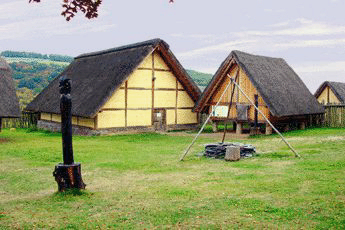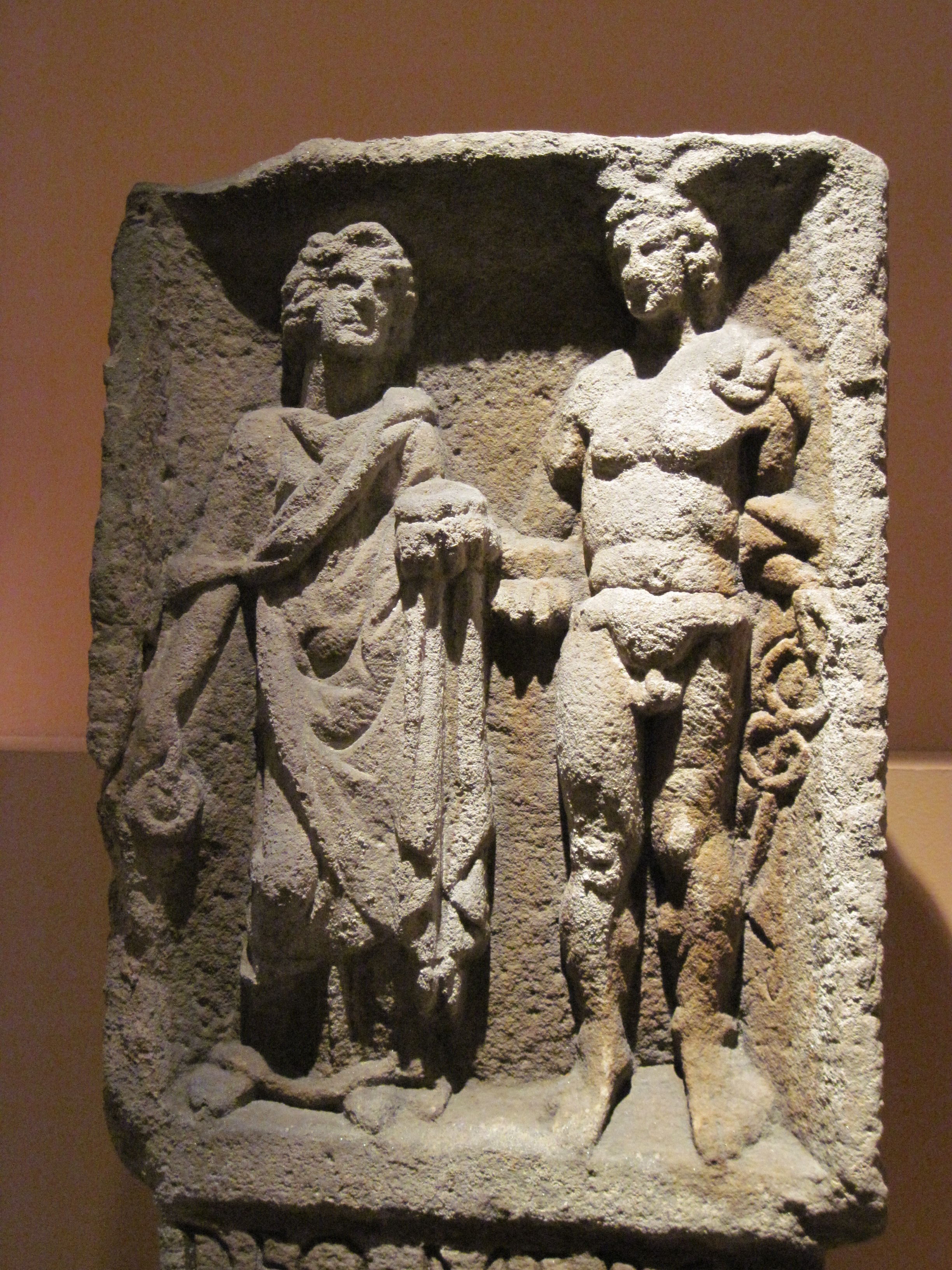|
Triboci
In classical antiquity, the Triboci or Tribocci were a Germanic people of eastern Gaul, inhabiting much of what is now Alsace. Name Besides the forms Triboci and Tribocci, Schneider has the form “Triboces” in the accusative plural. Pliny has Tribochi, and Strabo . In the passage of Caesar, it is said that all manuscripts have “Tribucorum”. "Three beeches" (Celtic ''tri'', Germanic ''boc'') has been suggested as an etymology, as has Germanic ''dribòn'' ("drivers f cattle, livestock). Geography Ptolemy places the Tribocci in Germania Superior, but he incorrectly places the Vangiones between the Nemetes and the Tribocci, for the Nemetes bordered on the Tribocci. However he places the Tribocci next to the Rauraci, and he names Breucomagus (Brocomagus, today's Brumath) and Elcebus (Helcebus) as the two towns of the Tribocci, making Argentoratum (Strasbourg) a city of the Vangiones. D'Anville supposes that the territory of the Tribocci corresponded to the mediaeval diocese o ... [...More Info...] [...Related Items...] OR: [Wikipedia] [Google] [Baidu] |
Treveri
The Trēverī (Gaulish: *''Trēueroi'') were a Celtic tribe of the Belgae group who inhabited the lower valley of the Moselle from around 150 BCE, if not earlier, until their displacement by the Franks. Their domain lay within the southern fringes of the ''Silva Arduenna'' ( Ardennes Forest), a part of the vast Silva Carbonaria, in what are now Luxembourg, southeastern Belgium and western Germany; its centre was the city of Trier (''Augusta Treverorum''), to which the Treveri give their name. Celtic in language, according to Tacitus they claimed Germanic descent.Tacitus writes, "The Treveri and Nervii are even eager in their claims of a German origin, thinking that the glory of this descent distinguishes them from the uniform level of Gallic effeminacy." ''Germania'' XXVIII. They possibly contained both Gallic and Germanic influences. Although early adopters of Roman material culture, the Treveri had a chequered relationship with Roman power. Their leader Indutiomarus led them ... [...More Info...] [...Related Items...] OR: [Wikipedia] [Google] [Baidu] |
Vangiones
The Vangiones appear first in history as an ancient Germanic tribe of unknown provenance. They threw in their lot with Ariovistus in his bid of 58 BC to invade Gaul through the Doubs river valley and lost to Julius Caesar in a battle probably near Belfort. After some Celts evacuated the region in fear of the Suebi, the Vangiones, who had made a Roman peace, were allowed to settle among the Mediomatrici in northern Alsace. (Metz however is now in Lorraine). They gradually assumed control of the Celtic city of Burbetomagus, later Worms. The emperor Augustus cultivated them as allies, intending to invade Germany through the region between the Rhine and the Danube. He had Drusus place two forts among the Vangiones, '' castrum Moguntiacum'' (13 BC, later Mainz) and one of unknown name (14 BC) at Worms. From there troops of the Vangiones were inducted into the Roman army. When he changed his mind after the Battle of Teutoburg Forest, the Vangiones were used for garrison duty on the far-fl ... [...More Info...] [...Related Items...] OR: [Wikipedia] [Google] [Baidu] |

